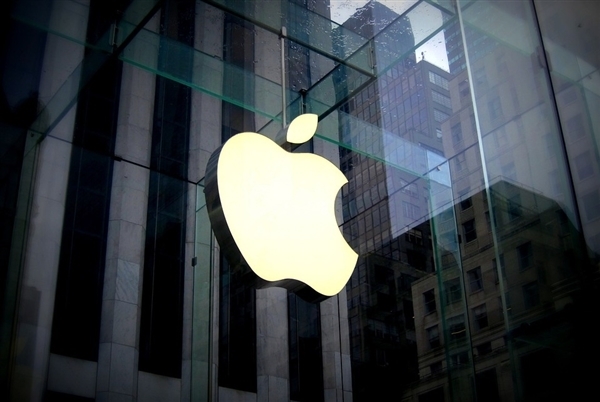Home >Technology peripherals >It Industry >App Store adjusts payment policy, but developers are still forced to bear 'Apple tax' costs
App Store adjusts payment policy, but developers are still forced to bear 'Apple tax' costs
- WBOYWBOYWBOYWBOYWBOYWBOYWBOYWBOYWBOYWBOYWBOYWBOYWBforward
- 2024-01-17 13:48:17512browse
According to news on January 17, the sharing mechanism of Apple’s App Store has always attracted much attention. This mechanism strictly controls application distribution channels and charges developers a commission of up to 30%, so it is nicknamed the "Apple tax" by the industry. This approach has caused a lot of controversy. On the one hand, Apple claims that this is to provide high-quality applications and services. On the other hand, developers believe that this sharing mechanism is too expensive. This has also prompted some developers to turn to other app stores or adopt other ways to distribute their apps. With continued attention to the sharing mechanism, the future may be
For a long time, Apple's policies have caused strong dissatisfaction among developers. Well-known entrepreneurs such as Musk have publicly criticized this approach many times. In addition, game developer Epic has also taken Apple to court. This dispute has been going on for several years, but there is still no final result.

According to our understanding, although the lawsuit between Epic and Apple is still ongoing, Apple has made some fine-tuning in the App Store in the United States. The tweaks appear to be an effort to comply with a 2021 ruling that Apple "temporarily" allows the US App Store to offer external payment methods, meaning users can choose not to complete transactions through Apple's payment system. However, even then, Apple will still charge a certain percentage of commission. Under the scheme, small business members receive a commission of 12%, while other businesses receive a commission of 27%. These adjustments may be Apple's attempt to maintain the profit model of its App Store while responding to the pressure of litigation, but the specific results and subsequent developments still require further observation.
In addition, the EU seems to be more strict than the United States in regulating Apple. The EU has successfully pushed Apple to replace the iPhone's USB-C interface, and plans to further force Apple to open third-party sideloading. According to the provisions of the Digital Markets Act (DMA), Apple must open its App Store before March 7 this year to allow users to download and install applications from third-party platforms. The move is intended to provide developers with more options and reduce transaction costs, as developers can bypass Apple's payment system for transactions. This is of great significance to promoting competition and innovation in the digital market, and also helps to protect consumer rights. The EU’s regulatory measures demonstrate its commitment to protecting fair competition and promoting the development of the digital economy.
The above is the detailed content of App Store adjusts payment policy, but developers are still forced to bear 'Apple tax' costs. For more information, please follow other related articles on the PHP Chinese website!

